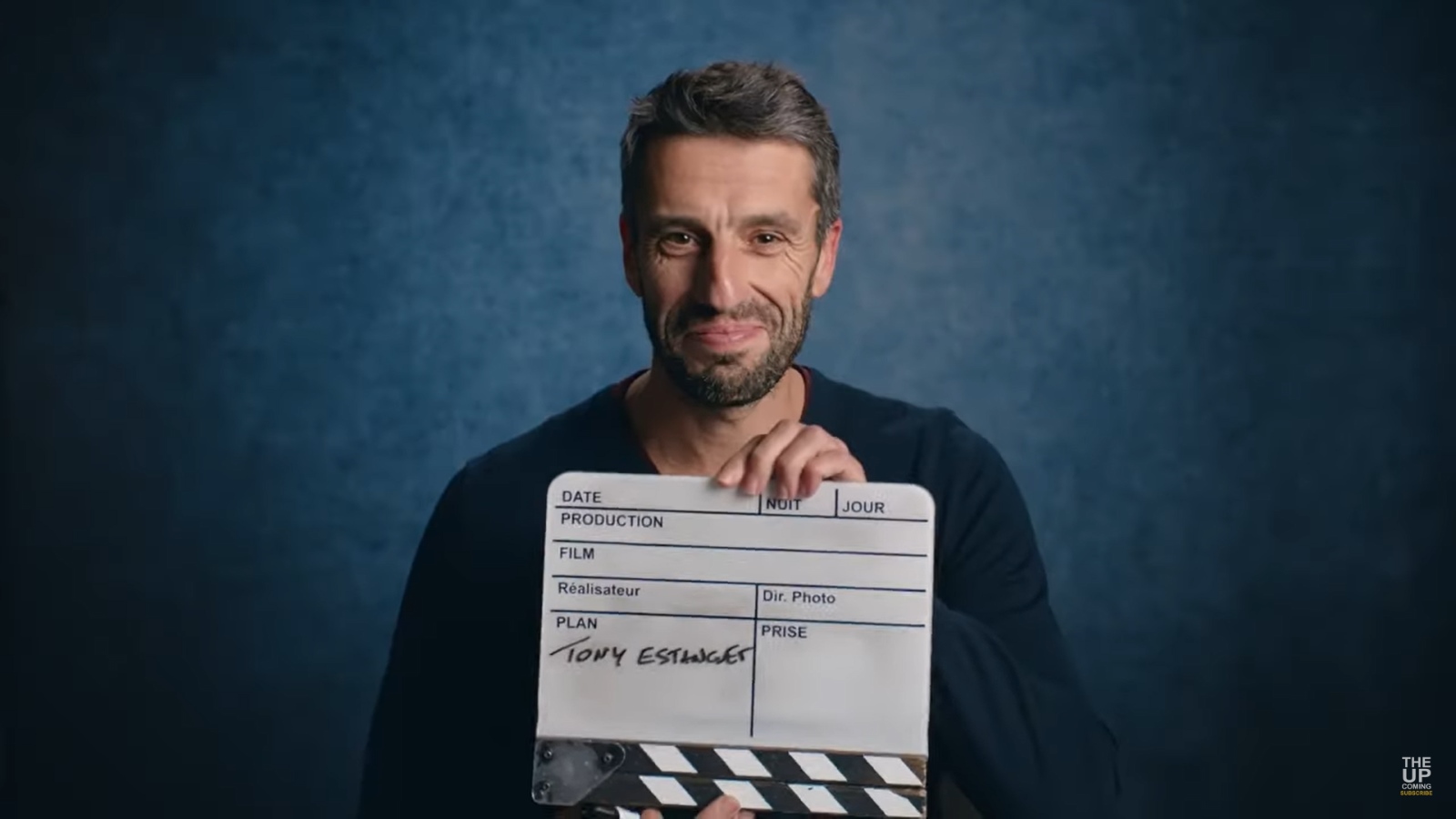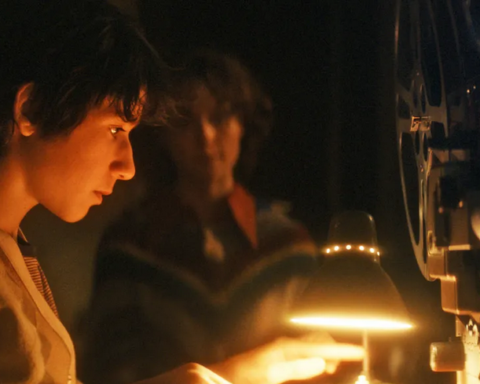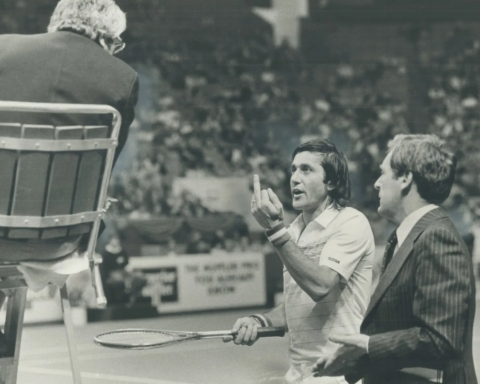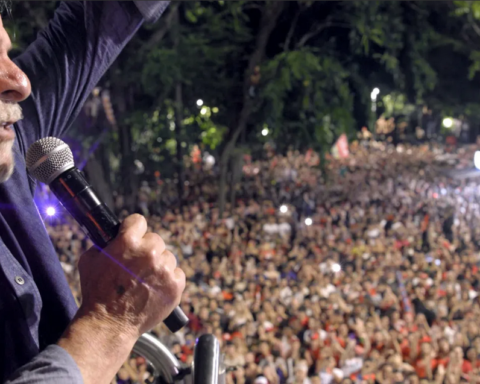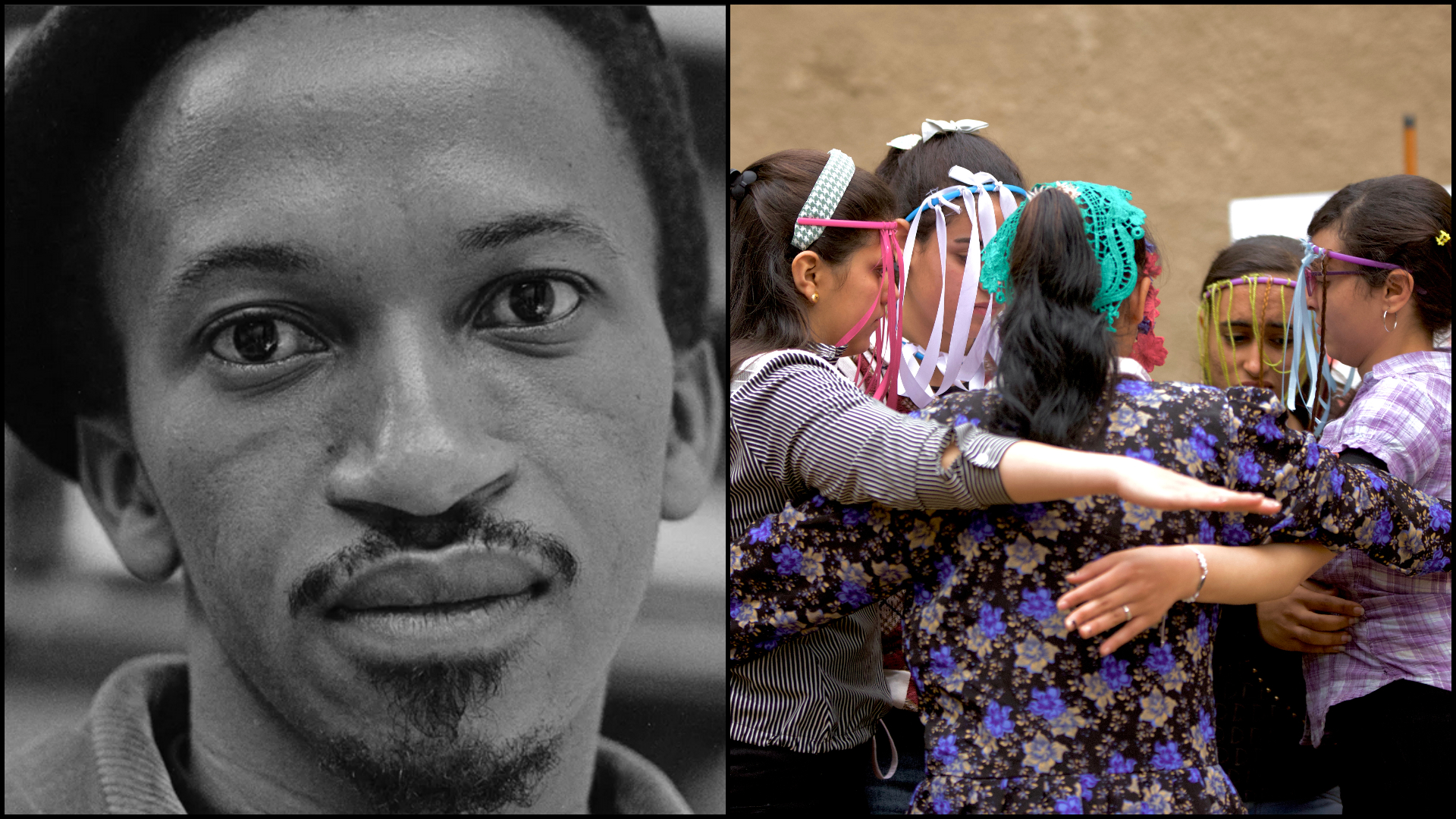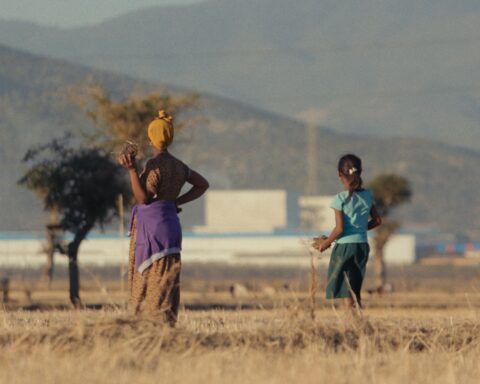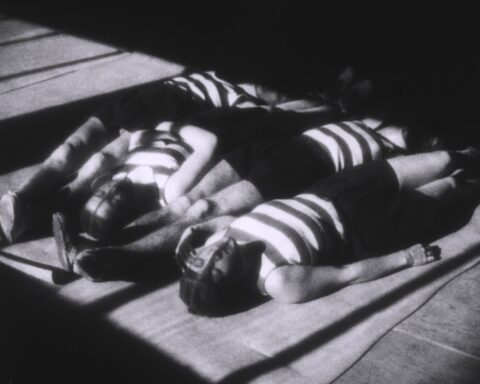Olympiques! La France des jeux
(France, 99 min.)
Dir. Mickaël Gamrasni
Programme: Special Screening
2024 marks the hundredth year since Paris hosted the Olympic Games. Pierre de Coubertin, the French Aristocrat who helped found the modern event, laid the Gallic foundation for the global sporting competition that continues to this day. Every medal is still announced in French first, then in English, and then in a local language if appropriate. As part of this celebration for the return of the torch to France in summer 2024, director Mickaël Gamrasni assembles a number of past medalists to share their stories about their experiences as Olympians.
Narrated in part by Marion Cotillard, Olympiques! La France des jeux centres itself on these athletes, allowing them to tell their stories directly to camera. Despite being, superficially, a puff piece propagandising French success in sport, Olympiques! manages to dive deeper into some fascinating subjects, from the decisions by athletes of different ancestry who choose to be part of the French team, to the challenges of achieving these levels of excellence and the tolls their accomplishments took, and reflections upon the fleeting nature of glory.
The several dozen participants all have experience standing on the podium, from a hundred-year-old Olympic cyclist, through to younger athletes who will return to the playing field this summer in Paris. It’s fascinating to hear their many differences (the geographic span of France is detailed nicely in one segment), as well as their shared experiences, particularly those that were nurtured at INSEP, the national institution for excellence in sports where youngsters from around France and its various territories receive centralized training.
There’s little sugar coating in the struggles of these subjects at their young age, and it’s clear the scars (at least the emotional ones) still run deep. Yet what unites these individuals is the way that they can point to their individual successes. They see how all those years or even decades of preparation were, in their eyes, justified by the moment the medal was placed around their necks.
Another film, a very different film, would be very interesting to pair with this documentary. Tracking down a similar number of athletes who fell at the finish line, or those came in fourth and forever rue what could have been, for example. As per the “agony of defeat” of the sports broadcasts of my youth, the thrill of victory has a dark twin. Beyond the flag waving, big smiles, and nostalgic look at all those wins, I couldn’t help but look at the rest of those captured on clips, forgotten athletes who may have worked equally hard, may have been struggling even more to overcome challenges, only to have at the last minute their own dreams crushed.
But, of course, this is not that movie, as the exclamation mark in the title Olympiques! may imply. It’s no less fascinating, of course, to hear from those who achieved their dreams, even if many of us look at such global levels of success with distance. Yet their drive, their anxieties, and the joyous looks on their faces when reliving these moments, are all powerfully portrayed.
The differences in the very mechanisms of the sport are fascinating to see, from the pole vaulters landing on sand instead of mats and using bamboo poles rather than fiberglass, or now archaic competitions such as gunnery, where canons were shot off in a form of target practice. (I, for one, would enjoy that returning with the assistance of modern television production.) Yet from the centurion cyclist, to the multi-medal winning runners, to the gymnast who peaked just after puberty as per most in her sport, the differences inform the similarities and the other way around.
All, they proclaim at length, are part of a shared team, a shared idea, as official competitors representing France. When asked whether participation was enough, they all answer, quickly and firmly, that success was all that would count. Again, the answer may be different from those that never got to bite a medal on television showing off its authenticity, but it’s clear that at least for this esteemed group, simply showing up isn’t enough.
And maybe that’s the underlying lesson of these remarkable individuals, be they from the world of the Olympics or the so-called Special Olympics for those with disabilities. Each revels in their own way in their success, not in a sense of bitterness that their glories have faded, but more in the way that they believe, justifiably, in a kind of sporting immortality. More than just a circus for our entertainment, for these participants these games matter, and in many ways define their lives. So what better than Olympiques! to help further cement their stories for generations to come.




